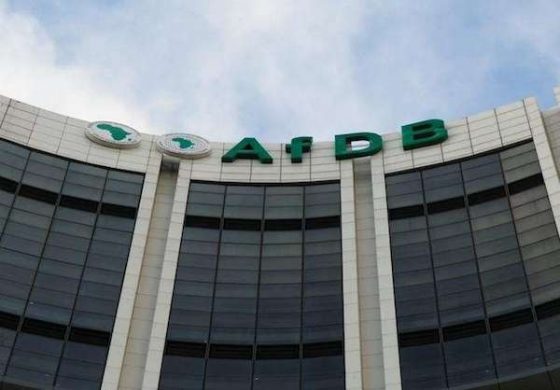The African Development Bank’s (AfDB’s) Board of Directors has approved a $5 million investment in the SPARK+ Africa Fund to deliver clean cooking solutions to over two million households across Africa.
The continental development finance institution’s investment in the project will be complemented by an additional €10 million by the European Commission’s contribution.
The Bank’s investment, which will come from its Sustainable Energy Fund for Africa (SEFA), is expected to enable the participation of other interested investors. As an anchor investor, the Bank will channel first-loss equity from SEFA and the European Commission thematic blending facility.
A news report by the Africa Press Organisation (APO) Group indicated that in addition to delivering clean cooking technologies, the investment would help to reduce carbon emissions by 15.9 Mt of CO2 equivalent, by cutting emissions from the use of inefficient stoves and open fires and forest degradation for wood fuel.
Switching to cleaner cook stoves reduces exposure to harmful cooking smoke and the time spent collecting firewood, a burden that falls disproportionately on women.
Commenting on the investment by the development finance institution, its Vice President for Power, Energy, Climate and Green Growth, Dr. Kevin Kariuki, said: “By investing in the rollout of clean cooking solutions to millions of households, the Bank is also contributing to women’s empowerment, employment creation and reduced deforestation associated with charcoal production.”
Kariuki, while noting that the investment complements the Bank’s wider efforts to address the impacts of the COVID-19 pandemic, said the “positive health impacts from the reduction of household in-door air pollution also contributes to resilience toward diseases attacking respiratory systems such as COVID-19.”
In his remarks, Chief Executive Officer of the Clean Cooking Alliance, Dymphna van der Lans, said: “The Clean Cooking Alliance is very pleased to have collaborated with Enabling Qapital, the African Development Bank, and the European Commission to develop this ground-breaking investment facility.
“We believe the SPARK+ Africa Fund will have a tremendous impact in the market and accelerate clean cooking sector growth to positively impact the lives of millions of people in the years to come”, he added.
Similarly, the Managing Partner of Enabling Qapital, Xavier Pierluca, explained: “We have designed the SPARK+ Africa Fund to take an ecosystem approach to further the outreach of quality solutions to low-income communities by offering tailored investment instruments throughout the value chain from design and manufacturing companies to last-mile distributors.”
SPARK+ Africa is a pioneering impact investment fund launched by Enabling Qapital and the Clean Cooking Alliance to channel debt and equity financing to enterprises that manufacture, distribute and finance clean cooking solutions across Sub-Saharan Africa. The Fund targets a capitalization of $50-70 million.
The scale of the challenge of widening access to clean cooking in Africa remains daunting, in part because much needed investment has been hindered by high perceived risks and, in many cases, a return profile insufficient to attract commercial investment.
The APO Group, which distributed the news on behalf of the AfDB, stated that the SPARK+ Africa Fund was a direct response to this challenge and is a key component of the AfDB’s response to the clean cooking challenge, adding that investment in the Fund’s first-loss tranche will directly address a critical financing gap and enable the participation of other interested financiers.
The online medium further reports that the Clean Cooking Alliance works with a global network of partners to make clean cooking accessible to the three billion people who live each day without it while Enabling Qapital Ltd. is an impact investment advisory company with a track record in advancing financial inclusion and access to energy.
SEFA is a multi-donor special fund administered by the African Development Bank and anchored by the Governments of Denmark, the United States, the United Kingdom, Italy, Norway, Sweden and Spain ─ to support Renewable Energy (RE) and Energy Efficiency (EE) projects in Africa.
The approval was made on November 24, 2020.






